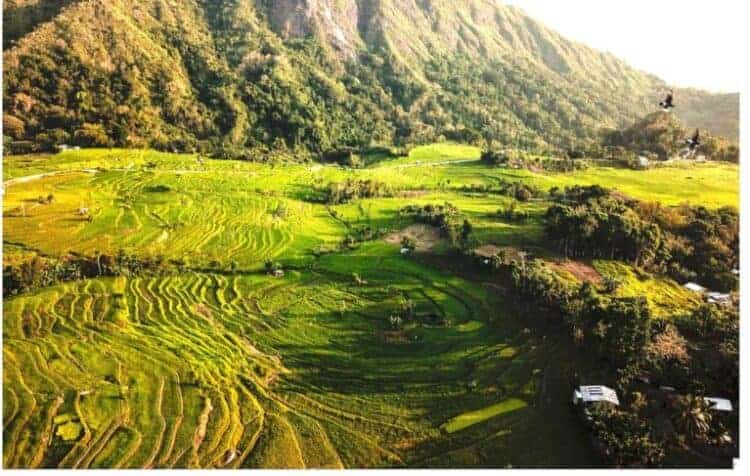via Philippine Inquirer, 26 May 2021: Prof. Stephen Acabado pens this editorial on the decolonisation of Philippine history.
The need for extensive historical descriptions is a product of centuries of colonialism, where local histories were supplanted by the histories of the colonial overlords. The ensuing sociopolitical and economic instability that followed independence also fueled the need for shared identity based on precolonial ideals. Thus, historical descriptions and archaeological research played an important role in legitimizing claims of sovereignty and generating capital from heritage tourism. Examples of these are the Marcos-era state-sponsored research on the Tasaday Stone Age Tribe hoax (the Tasaday are real Indigenous Philippine group), the use of Manuggul images in national iconography, and the Butuan boat/balangay research.
These research programs provide recognition of the archaeology and deep history of the Philippines, but there needs to be a broader focus on highlighting diversity. As exemplified by the Tasaday hoax, the trap of romanticizing the past by looking for “authentic” precolonial Philippine cultures exists.
Understanding the deep past is important but it should not be the basis of national pride. Our archaeological tradition is still heavily invested in reconstructing pre-colonial societies, so much so that pseudo-nationalists appropriate the narrative to talk about “authentic” and “original” Filipino culture. This is evident in the Eurocentric chronologies proposed for the Philippines.

























